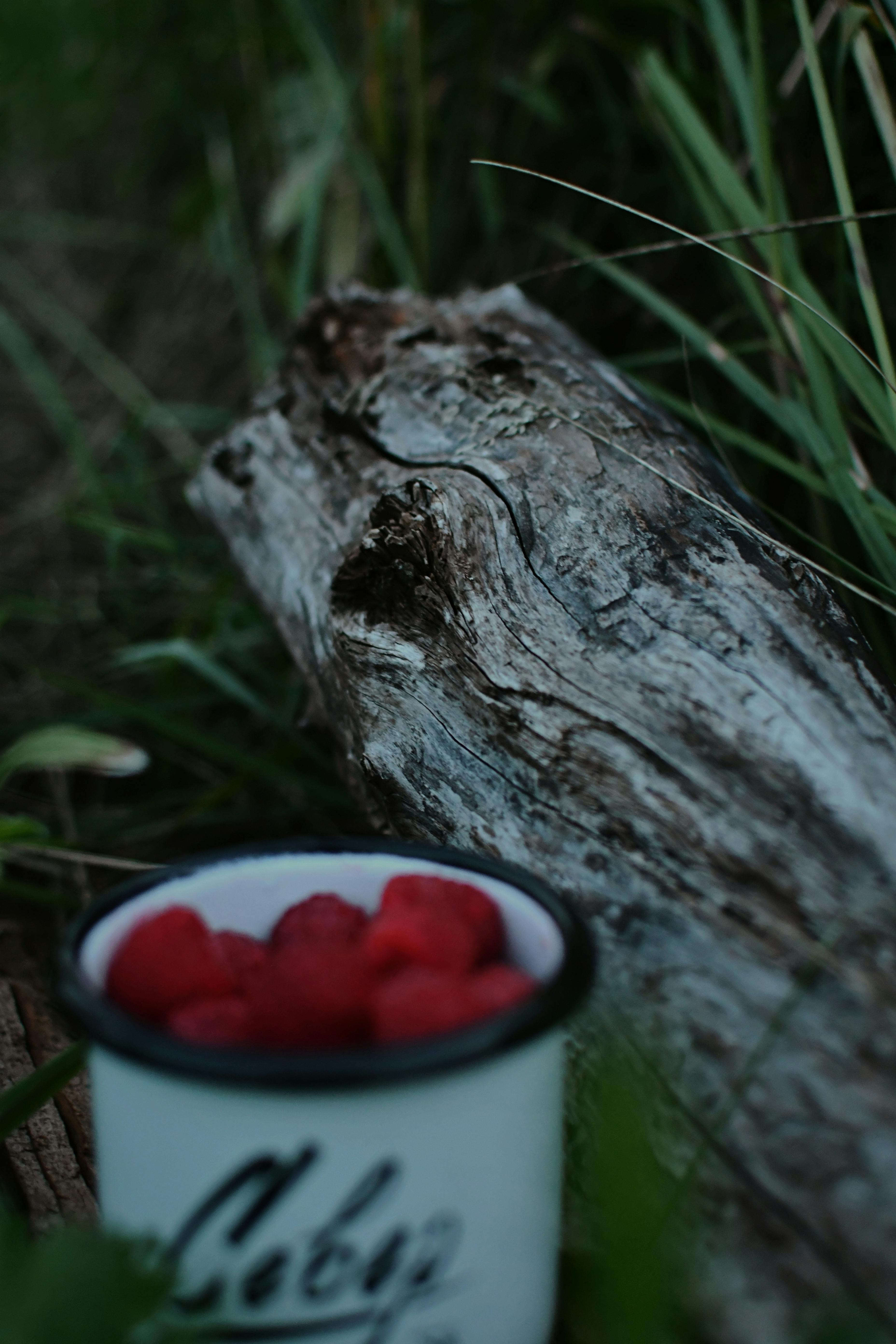
Smart Ways to Freeze Eggs for Modern Cooking in 2025
In today's fast-paced culinary world, knowing how to freeze eggs effectively can save you time and reduce food waste. Freezing eggs allows you to store them for later use, ensuring you have a reliable ingredient on hand for various recipes. This guide will explore freezing eggs tips, the egg freezing process, and best practices for safely storing your frozen eggs. By following these methods, you can enjoy the benefits of preserving eggs without compromising their quality.
Eggs are not only a staple in many households, but they also offer extensive versatility in cooking, from baking to meal prep. Understanding how to freeze eggs safely can help you maintain their freshness and longevity, making them an ideal choice for busy families, meal planners, and those looking to minimize waste.
This article will delve into the top methods for freezing eggs, including freezing egg whites and yolks separately, vacuum sealing techniques, and thawing frozen eggs properly. You'll also discover how to use frozen eggs in baked goods and other recipes, ensuring you get the most out of your ingredient storage. Whether you're a home cook, a busy parent, or a culinary professional, mastering egg preservation methods will enhance your cooking experience.
Key Takeaways: Learn effective methods for freezing eggs, explore creative ways to use frozen eggs, and understand the scientific principles behind egg storage solutions.
Essential Techniques to Freeze Eggs Safely
Building on the fundamentals of egg preservation, mastering the egg freezing steps is crucial for maintaining the quality of your eggs. The first step involves ensuring that your eggs are fresh. Conduct an egg quality assessment before freezing to avoid compromising your stored products. This can be simply done by checking for any off smells or unusual appearances.
Once you've confirmed their freshness, the freezing egg process begins. There are several methods to freeze raw eggs. You can choose to freeze them whole, separate the yolks and whites, or even freeze cooked eggs. Each method offers unique benefits, particularly when it comes to future use in recipes. For example, freezing egg whites and yolks separately is ideal for baking purposes where the texture may differ significantly based on their state.
Another important aspect of safely freezing eggs is utilizing appropriate containers. Airtight containers or vacuum sealing eggs can significantly enhance preservation. Vacuum sealing helps minimize exposure to air, thus preventing freezer burn and maintaining egg quality.
This naturally leads us to discuss proper labeling and storage solutions. When storing your frozen eggs, ensure to label them with the date and type of egg (whole, yolk, white) to manage your inventory effectively. You may find it beneficial to use egg portions for freezing, as small portions enable quicker and easier thawing.
Freezing Whole Eggs and Egg Separations
Freezing eggs whole is a straight-forward approach and works well for most applications. Simply crack the eggs into a bowl, beat them slightly to mix the yolk and white, then pour the mixture into ice cube trays or freezer-safe containers. This method allows you to thaw only what you need for your baking or cooking adventures.
On the other hand, separating the eggs can be advantageous if you have specific recipes that call for just egg yolks or whites. When freezing egg whites, it's important to whip them slightly before freezing to ensure they remain fluffy later. Egg yolks have a tendency to thicken when frozen, but adding a pinch of salt or sugar can help prevent that texture change.
For optimum storage, consider using eggs in ice cube trays. This method is excellent not only for portion management but also for the speed of thawing, making them readily available for quick recipes. After freezing, you can transfer the cubes into labeled zip-lock bags for long-term storage.
Best Practices for Thawing Frozen Eggs
Thawing frozen eggs correctly is crucial to maintain their integrity and usability in recipes. The golden rule is to move them from the freezer to the refrigerator the night before you plan to use them. This gradual thawing helps reduce the risk of bacterial growth and preserves the eggs' texture and quality.
In situations where you need to thaw eggs more quickly, you can use a cold water bath. Place the sealed container with frozen eggs into a bowl of cold water, changing the water every 30 minutes until they are thawed. However, avoid using hot water as it can cause uneven thawing.
Thawed eggs can be used in several recipes, including baked goods or as an ingredient in savory dishes. That said, ensure you do not refreeze thawed eggs, as doing so can adversely affect their quality and safety.
Creative Ideas for Using Frozen Eggs in Recipes
After learning how to store and thaw eggs properly, it’s time to explore some of the creative ways to use frozen eggs in various dishes. The versatility of eggs allows them to find a place in breakfast staples, baked goods, and even innovative meal prep solutions.
One of the most popular uses for frozen eggs is in baking. You can utilize frozen whole eggs or separated whites and yolks in cakes, cookies, and quiches, ensuring delicious outcomes without the need for fresh eggs every time. Just remember to factor in the thawing time before you start baking.
For hectic mornings, consider making freezer-friendly breakfast dishes such as egg muffins or breakfast burritos. Using frozen eggs in these recipes not only saves time but also allows you to create balanced and nutritious meals on the go. Additionally, incorporating frozen eggs in savory recipes like omelets and casseroles brings great flavor and texture.
Creative egg freezing ideas can also traverse into gourmet cooking. Incorporate frozen eggs in frittatas or in sauces that require emulsification. The key is to ensure proper execution and accommodation of texture changes that might arise from freezing and thawing.
Remember, the longevity of frozen eggs is significant, generally lasting up to a year in the freezer without quality degradation if stored properly. This means you can stock up on eggs during sales and know they’ll be waiting for you when you need them.
Common Myths About Freezing Eggs
As with many food preservation methods, misconceptions abound surrounding the freezing egg process. One such myth is that freezing eggs makes them unsafe or unhealthy. In fact, freezing eggs can extend their shelf life and maintain their nutritional value when done correctly. Understanding food safety and eggs is essential for debunking these myths.
Another prevalent misconception is that frozen eggs can’t be used in cooking and baking as effectively as fresh eggs. When frozen eggs are thawed properly, they are just as versatile and effective in most recipes, if not more so, as they offer convenience without the need for urgent usage.
Furthermore, some believe that all eggs are prone to freezer burn. While it is true that exposure to air can lead to freezer burn, proper storage solutions such as vacuum sealing eggs can mitigate this risk significantly, ensuring that your frozen eggs maintain their quality.
Combating these misconceptions not only empowers you to store eggs safely but also encourages embracing egg freezing for convenience and efficiency in the kitchen.
Expert Recommendations for Freezing Eggs
In conclusion, working with frozen eggs opens up a world of possibilities in your culinary explorations. Expert opinions on egg freezing often emphasize the importance of tracking best practices, from preparation to storage and usage.
Nutritionists highlight benefits of freezing eggs, such as ease of preparation and the extension of egg shelf life, providing an eco-friendly alternative to wasting surplus eggs. Recommendations for preparing eggs for freezing include ensuring clean utensils and containers to prevent contamination.
When using frozen eggs, recipes calling for beaten eggs are particularly suited for utilizing thawed eggs, as they blend seamlessly into mixtures without altering the outcome. It’s also advisable to monitor the quality of your eggs throughout the freezing duration, using them while they’re still within the ideal frozen egg shelf life.
As you venture into egg freezing, maintain an organized approach, and use the various techniques introduced in this guide to maximize flavor and minimize waste. Whether you’re an avid baker, a busy parent, or simply looking to be more resourceful in the kitchen, freezing eggs can be a game-changer in your cooking routine.
For more insights and creative uses of frozen eggs, check out this resource on egg storage solutions.

 ```
```